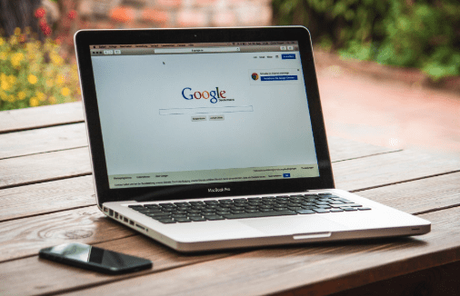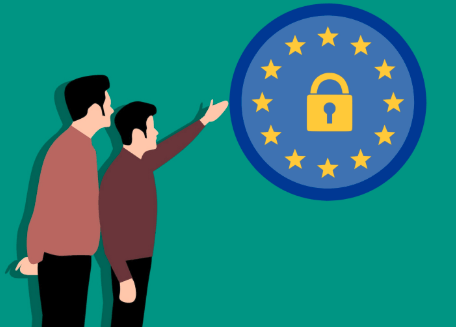We like to think that everything is democratic in the world of search engines. That search engines like Google and others play by entirely transparent rules and that it's very easy to make it to page one no matter what. Sadly, as any will tell you, that is not true.

The truth is that the internet is, indeed, a great equalizer. It gives everyone access to the internet and allows people from all over the world to connect in a variety of ways. However, it isn't some open faraway country that anyone can walk into.
This beautiful land of endless information has a grand entrance, and that entrance has a few gatekeepers: search engines. The most prominent of them, of course, is Google.
We like to think of these search engines as noble and wanting nothing but the best for us, and that is true in many cases, such as when they take measures to keep us safe from loan sharks by banning them from or banning the sale of weapons on the Google shopping service.
However, Google and other search engines like it are not public services, but rather corporations, which means that sometimes their interests might be entirely selfish and that can influence the kind of service they provide us.
Consider the evolution of how Google serves pages to the user. In the past, it was a matter of matching web pages that matched the specific sequence of letters the searcher had typed. However, the search has become more semantic these days.
Google's algorithm tries to determine the meaning of the keyword and find results that, in its judgment, best semantically correspond to the search term. When an algorithm starts to make judgment calls, interesting things can happen.
For example, if you typed "provinces of China" into the search bar, would Taiwan be counted? Who gets to decide whether it should or not?
Another consequence of the massive control that search engines have over the internet is the occurrence of filter bubbles . Google uses a bunch of flags to create a personal profile of you. That profile consists of general data about you, including what you like now and what people who are similar to you might like.
The data is then used to determine what results Google will serve you. This creates something of a filter bubble, where you only see curated information that search engines have served you, not necessarily all the information that there could be.
On the one hand, it's a good thing as it makes your online experience smoother. On the other hand, it raises many questions about how Google and other search engines can use these filter bubbles to mold our worldviews, cultures and beliefs, while also censoring those that it does not support.

The same data collected by Google is sent to websites and advertisers and is used to track you with advertisements that are relevant to you. There are a lot of companies out there that have a lot of data about you, and it is not entirely known the ways in which they use that information.
The debate is growing more heated, especially with all the campaigns being made against Google by the European Union to curtail the giant's power. It is true that there is a lot yet to be done about the internet to make it conform fully to the vision Tim Berners Lee had when invented it.
However, the bright side is that, as a website, you still have to get your noble views and products out to the world. Google is not democratic. It is a private organization, and it applies rules to its search engine results pages.
The best way to survive is to get the help of an expert to appear on page one. One day, things will become a little more transparent and democratic. However, until then, search engine optimization isn't going away.

